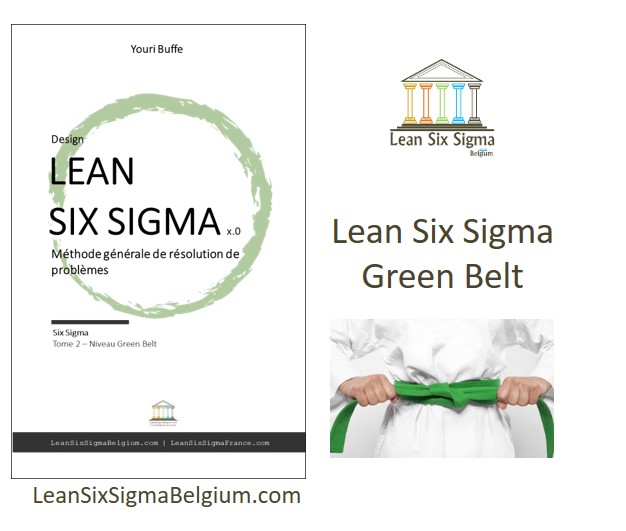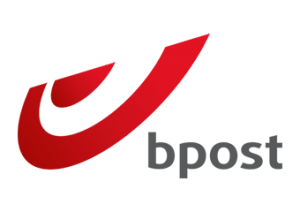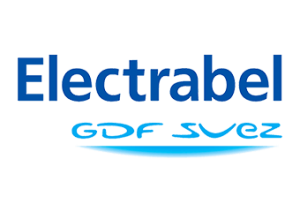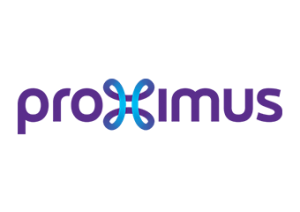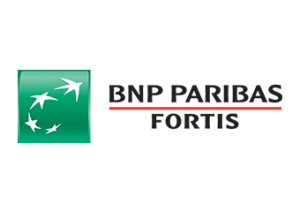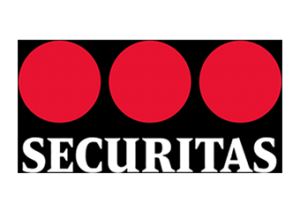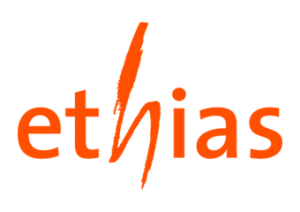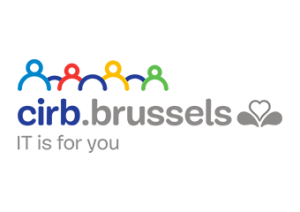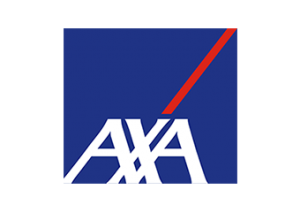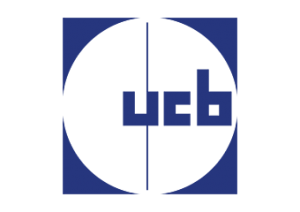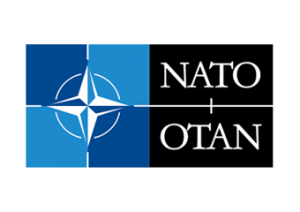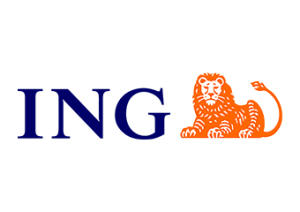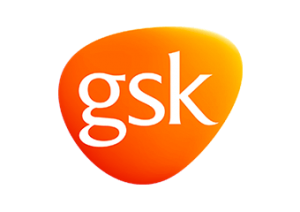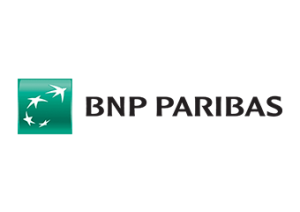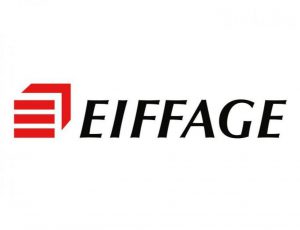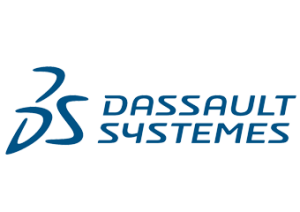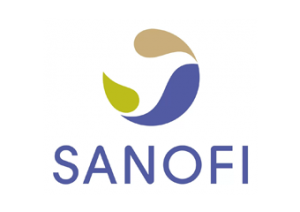
Lean Six Sigma Green Belt Training and Certification
Problem-solving of activity flows and complex quality problems
Discover everything you need to successfully launch your Lean Six Sigma project
This 7-day Lean Six Sigma Green Belt training is an interactive workshop to discover how Lean management refers to process optimisation and waste elimination; and how Six Sigma is connected to quality management and client satisfaction. Our easy to understand, hands-on and fun learning methods will make it enjoyable to learn Lean Six Sigma.
This Lean Six Sigma Green Belt training provides you an effective course + exam to become a certified Green Belt.
Training objectives:
- Learn how to improve business flow in Kaizen Event mode
- Learn to eliminate waste, streamline operations and prevent malfunctions
- Learn how to improve a process for the benefit of all stakeholders (customer, worker, owner)
- Understand the philosophy, principles and tools of Lean Management
- Learn how to deploy a Lean Six Sigma program
- Learn how to identify and define the problem to be solved and the improvement objective of the project
- Learn how to scientifically and sustainably solve simple quality (statistical) problems
- Learn how to scientifically and sustainably solve complex statistical problems, including reducing the variability in the quality characteristics of products and services
- Learn to statistically control manufacturing and service processes and drive continuous quality improvement
- Learn how to achieve a first level of operational performance (sigma <4)
After this 7 day program you will pass the certification exam

Practical Information
Dates
2024:
Brussels:
- April 4, 5, 11, 12 + (distance learning) June 10, 11, 12
- Sept. 30, Oct. 1, 7, 8, 16, 17, 18
Distance learning (visio):
- June 3, 4, 6, 7, 10, 11, 12
- Nov. 14, 15, 20, 21, 27, 28, 29
Six Sigma Green Belt training
5 days – 2650€ (without the 2 first days )

Lean Six Sigma Green Belt Training Program
This training is divided into two themes. The Lean management part (2 days) that refers to value creation in flows and on eliminating non-value-added activities in workflows and production. The Six Sigma part (5 days) is a set of techniques and tools used for quality and performance management problem solving.
| Days | Modules | Skills developed |
| 5-7 | Six Sigma Green Belt | Solving complex quality problems – Basic level |
| 3-4 | Six Sigma Yellow Belt | Solving simple statistical quality problems Lean Six Sigma deployment |
| 1-2 | Lean Management | Problem-solving of activity flows |
Days 1 and 2 – Lean Management module
- History and positioning of Lean Six Sigma
- DMAIC and Kaizen Event method
- Process capability: cycle time and Takt time
- Work in process, stocks, waiting time and Little’s law
- Value Stream Map (VSM)
- Load chart
- Analysis of added value and elimination of wastes
- Process Cycle Efficiency and Overal Process Efficiency
- First Pass Yield and Rolled Throughput Yield
- Theory of constraints and line balancing
- Continuous flow
- Pull flow and kanban
- Visual management, poka-yoke, 5S
- SMED
- Heijunka, dynamic capacity adjustment and standardization
- Maximum Work in process (WIPmax)
- Kata and Short Interval Control
- Toyota Way
- Complex flow analysis and process mining
- Failure Mode and Effects Analysis (FMEA)
- Advanced operational optimization (self-study or one extra day training):
- Capacity management in the presence of variability
- Inventory optimization and sizing of kanban systems
Serious game: the group experiments in the classroom the Lean improvement method (Kaizen Event) on a role play simulating an end-to-end business process (receipt of orders, processing, billing, shipping).
Day 3 – 4 – Six Sigma Yellow Belt module
- History and positioning of Lean Six Sigma
- Deployment of Lean Six Sigma (study of the LSSx.0TM book) :
- Overall governance
- Process Management System
- Ambition and roadmap
- Lean Six Sigma Organization
- Roles & responsibilities (Champion, Sponsor, Process Owner, Belts)
- Project selection and follow-up process
- Expected benefits
- Typology of DMAIC problems and projects (study of the LSSx.0TM book)
- Define:
- Project launch
- SIPOC
- The 3 voices
- Critical To Satisfaction
- Kano model
- Problem statement, project objective and opportunity
- Project Charter v1
- MAIC method of solving simple statistical problems
- Measure:
- Problem metric
- Measurement plan
- Measurement system validation : precision and accuracy (agreement analysis)
- Defective rate
- Project Charter v2
- Analysis:
- Analysis of Pareto
- Five Why’s
- Project Charter v3
- Improve:
- Search and selection of the solution
- Business Case
- Implementation of the solution
- Improvement validation
- Control:
- Dashboard for monitoring the performance of the process
- Response plan
- Critical study of a case of DMAIC project
Days 5 to 7 – Six Sigma Green Belt module
- MAIC method of solving complex statistical problems
- Measure
- Basic statistics and data types
- Project Y and definition of the defect
- Measurement plan
- Measurement system validation: gage R&R and linearity and bias study
- Sampling and data validation
- Analysis of the Voice of the Process
- Process capability
- Project Charter v2
- Analysis
- Analysis process of Y = f (X’s)
- Ishikawa diagram
- Introduction to inferential statistics (notion of confidence interval)
- Studying the influence on variation, central tendency, proportions and study of covariance: contingency tables, graphical analysis (boxplots, scatter plots), correlation coefficient and analysis of confidence intervals
- Hypothesis testing and regression analysis (study of the course manual)
- Introduction to hypothesis tests
- Normality test
- Studying the influence on variation: tests for equal variance
- Studying the influence on central tendency: ANOVA test, Mood’s median test
- Pearson correlation test, simple linear regression analysis
- Chi-2 association test
- Project Charter v3
- Improve
- Statistical validation of the improvement
- Control:
- Statistical process control
- I-MR, Xbar-R, Xbar-S, P and NP, U and C control charts
- Response plan
- Critical analysis of case studies of DMAIC projects
Serious game: In-class experimentation of the method on a service-level improvement case (paper flying machines).
Using the Minitab 19 Software.
Optional : Practical Certification
Target audience :
- Future Green Belt, Black Belts, Master Black Belts
- Operational improvement project managers
- Quality managers
- Quality engineers
- All sectors (industry and services)
Context:
- All sectors (services and industry)
- Need for a scientific and structured approach of problems solving and decision-making process (operations and business decisions)
- Quality problems of products or services
- Implementation of a Lean Six Sigma programme in an organisation
No prerequisites
We Will Make Your Lean Six Sigma Green Belt Training Enjoyable
Our learning by doing training methods will facilitate the use and application of the tools in your projects. The content of our training modules is always proportionate to the complexity of the problem to be solved. Each type of problem has its specific tools, and our target is to teach you to find the shortest way to a sustainable solution for your problem.
Our teaching methods encourage active participation and collaboration among participants. They include problem-solving, simulations, tests, and the use of serious games. These activities present engaging challenges that encourage participants to fully immerse themselves in the learning process.
Our Offer
Our offer consists of a 7-day training to prepare you to pass the Lean Six Sigma Green Belt exam. Furthermore it contains your Green Belt tool kit:
At Lean Six Sigma Belgium, we believe in equipping our participants not only with knowledge but also with practical tools for their future endeavours.
For all our Lean Six Sigma Green Belt courses, we provide a comprehensive suite of resources, including our expertly crafted books, detailed manuals, simulation tools and templates. These materials are specifically designed to bring a high level of structure to your problem-solving processes post-training. With these resources at your disposal, you’ll find that applying Lean Six Sigma Green Belt principles to real-world challenges becomes more effective.
The exams will take place exclusively online (under supervision). Candidates will be able to schedule the date and time of the exam at their convenience (24 hours a day, 7 days a week). They will also be able to manage any postponements and reschedule the date and time themselves.
This applies to both in-house and off-site training.
2 certification levels:
1- Theoretical certification
Lean Six Sigma Green Belt certification obtained on the basis of successful completion of the exams:
- Lean Management exam: MCQ – 50 min. / 25 questions – closed book
- Six Sigma Green Belt exam: MCQ – 70 min. / 35 questions – closed book
One re-sit allowed in case of failure. If you fail the exam a second time, you can retake it by purchasing a new exam.
The exams are offered in French or English.
2 – Practical certification (optional and not mandatory)
- Prerequisite: successful completion of theoretical exam
- Preparation of the case study
- Case study defense before a jury of experts
- Link to description page
Do you want to use Lean Six Sigma in your organisation, team or department?
